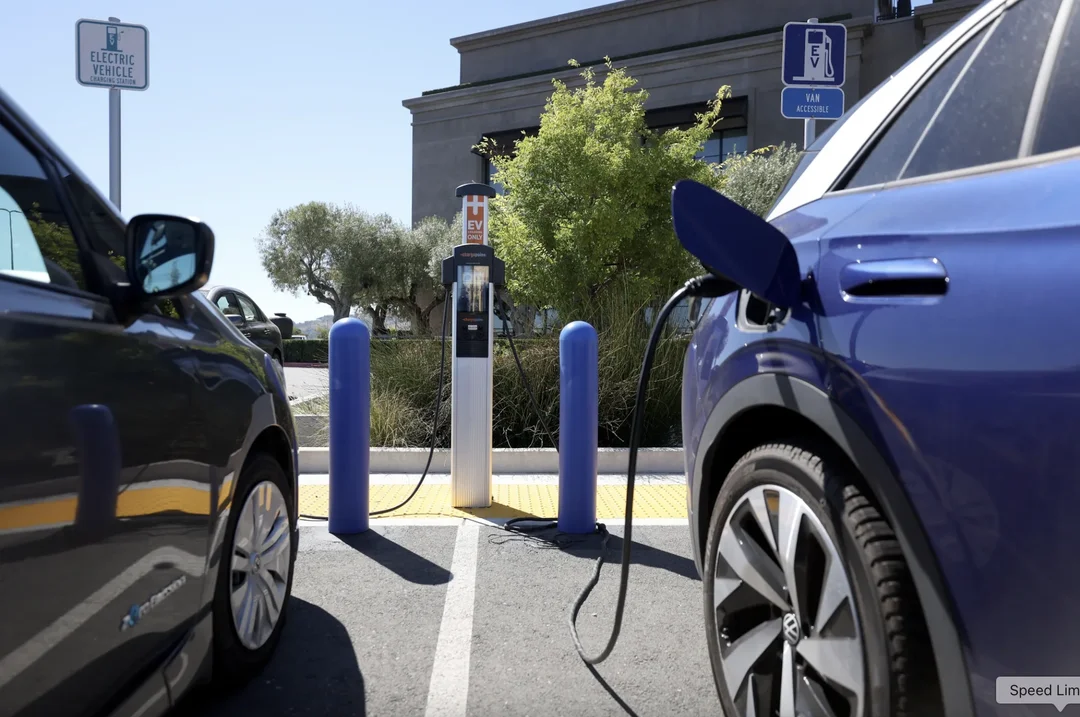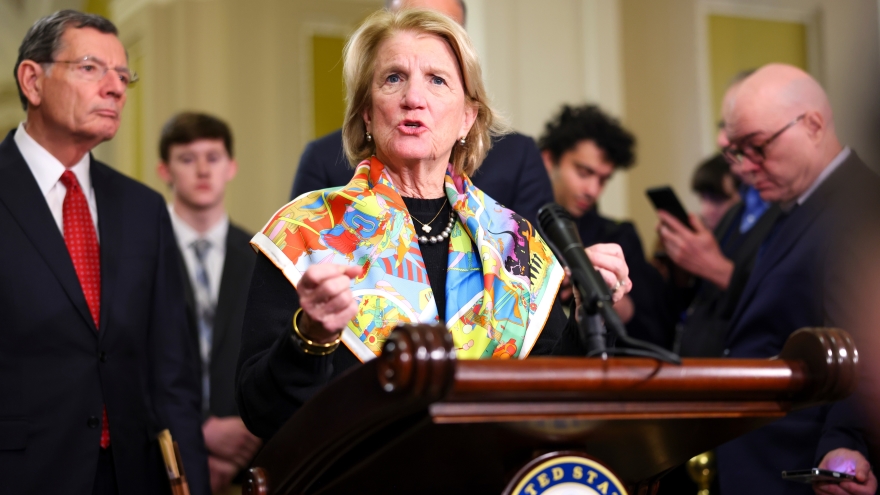
Senate Republicans Challenge California’s Ambitious Clean Vehicle Mandate Amid Legal Debate
In a high-stakes confrontation over the future of America’s vehicle industry, Senate Republicans are mounting a challenge against California’s aggressive push to phase out gasoline-powered vehicles by 2035. This battle carries nationwide implications, raising complex legal questions and fueling a heated policy debate over environmental goals, states’ rights, and consumer choice.

At the center of the controversy is California’s Advanced Clean Cars II regulation, aiming to ban new sales of gas-powered and hybrid vehicles by 2035 to substantially cut greenhouse gas emissions. Backed by a Biden administration EPA waiver, California’s strict rule-setting powers under the Clean Air Act pave the way for over a dozen other states to adopt similar standards, effectively shaping a significant portion of the U.S. auto market.
The National Automobile Dealers Association (NADA) has openly praised Sen. Shelley Moore Capito (R-W.Va.), along with Sens. Deb Fischer (R-Neb.) and Markwayne Mullin (R-Okla.), for backing Congressional Review Act (CRA) resolutions that seek to overturn these waivers. “Allowing the California zero-emission vehicle mandate to go into effect later this year will drastically curtail the availability of gas-powered and hybrid vehicles, leave millions of consumers far fewer vehicle choices and force consumers everywhere to pay more for new and used vehicles,” NADA asserted in a pointed statement.
Senator Fischer also introduced a separate resolution targeting California’s Advanced Clean Trucks regulation, claiming it imposes ‘unrealistic and stringent emissions requirements’ on heavy-duty trucks that would burden manufacturers and haulers nationwide.
Despite Republican efforts, recent rulings have complicated the legislative path. Both the Government Accountability Office (GAO) and Senate parliamentarian Elizabeth MacDonough determined that EPA’s waivers are adjudicatory orders—not ‘rules’—and therefore do not qualify for reversal under the Congressional Review Act’s expedited process. Nonetheless, Senate Republicans argue these opinions are nonbinding, underscoring a willingness to press their case if they find political consensus.
“We’re looking at our options right now,” said Senator Capito, signaling that GOP leaders like Majority Leader John Thune (R-S.D.) are weighing whether to risk precedent by sidestepping the parliamentarian. Some worry this tactic could undermine the Senate’s filibuster traditions, effectively ‘going nuclear’ in legislative parlance.
Senator Thom Tillis (R-N.C.) criticized California’s regulations as a ‘backdoor way of making California regulatory decisions national standards,’ warning of federal overreach that erodes state and consumer autonomy. Meanwhile, Democrats like Sen. Sheldon Whitehouse (D-R.I.) question the Republicans’ professed respect for Senate rules, suggesting this episode will test their commitment.
Industry advocates fear the California mandates could increase vehicle prices, accelerate supply chain upheavals, and limit consumer options, while environmentalists counter that rapid transit to zero-emission vehicles is crucial to combating climate change. The political struggle thus pits urgent ecological goals against economic and regulatory concerns—a recurring dilemma in U.S. climate policy.
With a deadline looming in May for Republicans to advance their resolutions, the coming weeks promise pivotal decisions on whether Congress will intervene—or whether California’s groundbreaking environmental push will remain the de facto standard nationwide.
This debate raises fundamental questions: Should a single state dictate sweeping shifts in the national market? Or does California’s leadership spur necessary innovation amid a climate crisis? Share your perspectives and join the conversation below as lawmakers wrestle with these pressing issues.